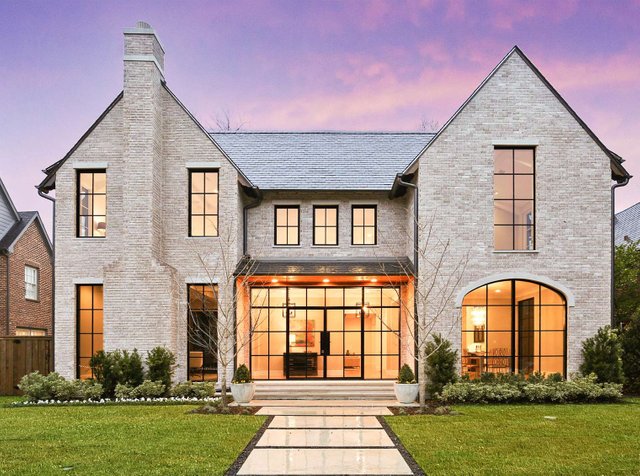What Buying a Second Home Means for Your Taxes

Having a second home has never sounded so appealing. If you believe you are financially prepared to purchase a second home, there is one more piece of the financial puzzle to consider: taxes.
In some ways, a second home is taxed similarly to a primary residence or first home. However, depending on how you use the residence, the situation can quickly change. When you sell your second home, the tax situation can be more complicated than when you sell your primary home.
As a result, it's critical to understand what you're getting into ahead of time. Before you buy, consult with a tax professional to avoid surprises and understand what it means for your budget.
Owning two homes means paying two sets of property taxes — but it may not all be deductible
When you own two homes, you have to pay property taxes twice. However, depending on how much property tax you already pay, you may not be able to deduct those property taxes on your second home.
Both sets of property taxes are deductible from federal income taxes. And, until 2017, there was no limit to the amount of property taxes that homeowners could deduct. However, the Tax Cuts and Jobs Act of 2017 imposed a limit, and owning a second home may mean exceeding that limit if you pay a lot of property tax on your primary residence.
The total amount of property taxes that you can deduct under tax reform is $10,000 per year.
Property taxes differ greatly between states. While Alabama has a state property tax rate of 0.42%, New Jersey has a rate of 2.44%. The amount of property taxes you will pay is also determined by the value of your home. As a result, some parts of the country reach the $10,000 deductible limit faster than others.
If you pay $10,000 or more in property taxes on your first home, you will almost certainly be unable to deduct any property taxes on your second home. Before you buy, check your current tax bill to see if you qualify for the deduction, and keep in mind that property taxes tend to rise over time.
If you're the only one using your second home, your taxes won't be as complicated
If you don't intend to rent out your second home to others, there are a few advantages besides having the place all to yourself. A second home that is not used for income is taxed similarly to a first home, which may make things easier at tax time.
You would be able to deduct the same expenses as you would for your primary residence. This is the sum of your mortgage interest and property taxes.
This also applies to anyone who rents out their home on an irregular basis for a few days each year. It is still considered personal property if you rent it out for less than 14 days.
If you intend to keep the second home as a personal residence, your taxes will not change significantly, especially if you can still deduct property taxes.
Taxes are different if you're renting your property, even for part of the year
If you rent out your second home for a portion of the year, even if only for three weeks, your tax situation may change dramatically.
It may be considered a rental property if you have rented it out for more than 14 days. That includes renting the home short-term on vacation rental platforms. While this entails paying taxes on any income generated by your home, it also opens up the possibility of deductions.
You can deduct a lot more from your rental property in the US. You can still deduct mortgage interest and property taxes, but you can also deduct utilities, maintenance, and any repairs you make to the property.
These deductions can add up and offset any taxes you may owe on rental income. If you had to replace your roof, that is deductible. You cannot deduct these expenses from your personal residence.
Consider what will happen when you sell the property
While second homes receive many of the same tax breaks as primary residences, there may be a significant difference in how the property is taxed if you decide to sell.
When you sell your personal residence, you can deduct a gain of $250,000 if you're single, or $500,000 if you're married and filing jointly. Second homes, on the other hand, are considered investments and are taxed at capital gains rates, which can be high.
There is a solution: move into the property. If you're considering selling a second property, as long as you live there for two of the five years before the sale, it is considered a personal residence. Then you could benefit from the capital gains exclusion.
nice blog